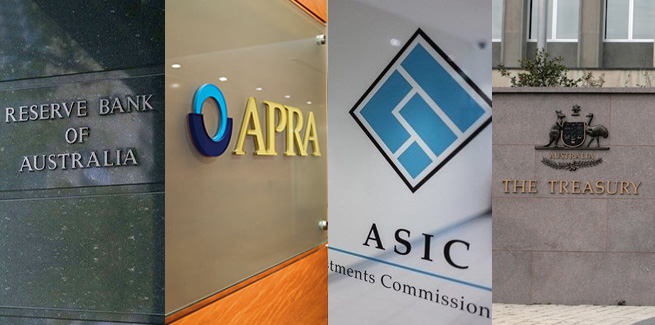The Council of Financial Regulators (CFR) has released its latest Financial Stability Review, in which it assesses risks in the domestic and international markets.
The CFR – which consists of the Reserve Bank of Australia (RBA), the Australian Prudential Regulation Authority (APRA), the Australian Securities and Investments Commission (ASIC), and Treasury – noted that a “significant focus” of its recent meetings has been credit conditions for households and small businesses.
The council acknowledged the continued tightness in home lending policies, which it said has seeped into the business lending space.
“While noting the important role of weaker demand for credit, discussions have considered the tightening in lending standards as lenders have adjusted their processes for verifying income and expenses,” the CFR stated.
“Tighter standards have extended to small businesses as lenders have been cautious in their treatment of the division between personal and small-business finances.”
The CFR stated that members had discussed ASIC’s ongoing work to review its responsible lending guidance (RG 209) and its Federal Court dispute with Westpac in relation to alleged breaches of the National Consumer Credit Protections (NCCP) Act.
However, the council stressed that it does not intend to further tighten lending standards through the regulatory and judicial process.
“Discussions emphasised that the intent of ASIC’s responsible lending review is not to increase requirements on lenders, but to clarify and update guidance on existing requirements,” the CFR noted.
The CFR’s remarks come amid calls from Commonwealth Treasurer Josh Frydenberg for lending practices that don’t curb the “aspirations of hard-working families” by further limiting access to credit.
“Common sense dictates that a sensible balance needs to be struck because an unduly restrictive application of these obligations can do as much harm as an overly lax one,” he said.
“Clearly, the risk that the provision of credit may cause substantial hardship to some should not result in a significantly reduced ability to access credit by the vast majority of consumers.
“It is in everyone’s interest that the aspirations of hard-working families are not collateral damage in this regulatory process.”
ASIC has concluded two phases of consultation with industry stakeholders as part of its work to revise RG 209.
The regulator is expected to publish its new guidance before the end of the calendar year.
Meanwhile, ASIC’s court dispute with Westpac is ongoing, after the regulator appealed Justice Nye Perram’s decision to dismiss the case.
[Related: Treasurer calls for ‘common sense’ in lending space]
 ;
;
